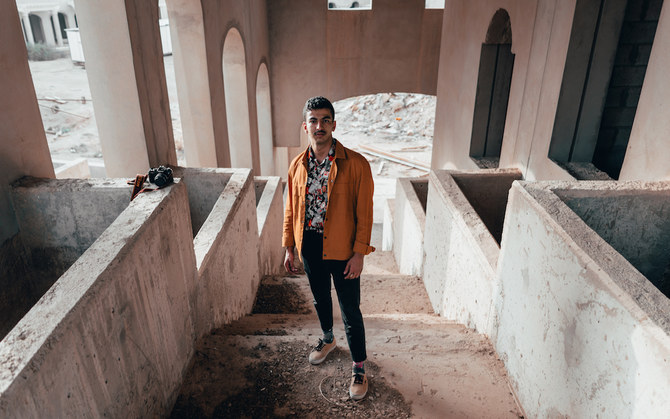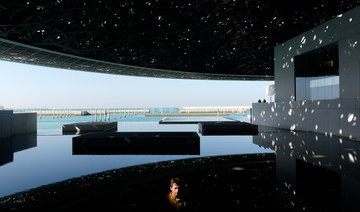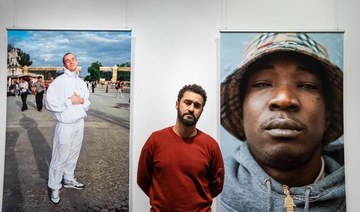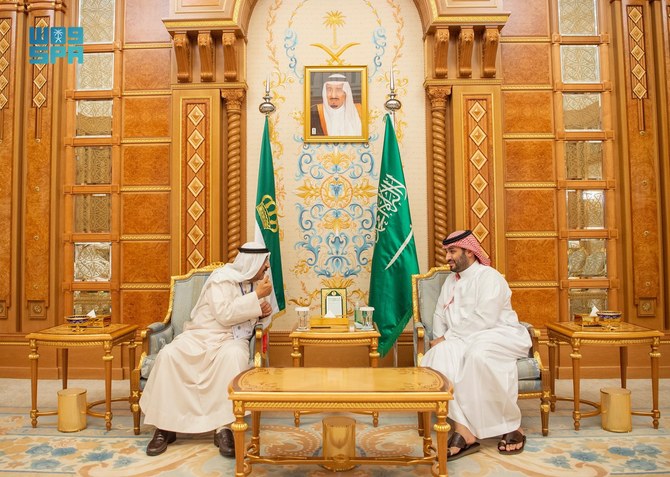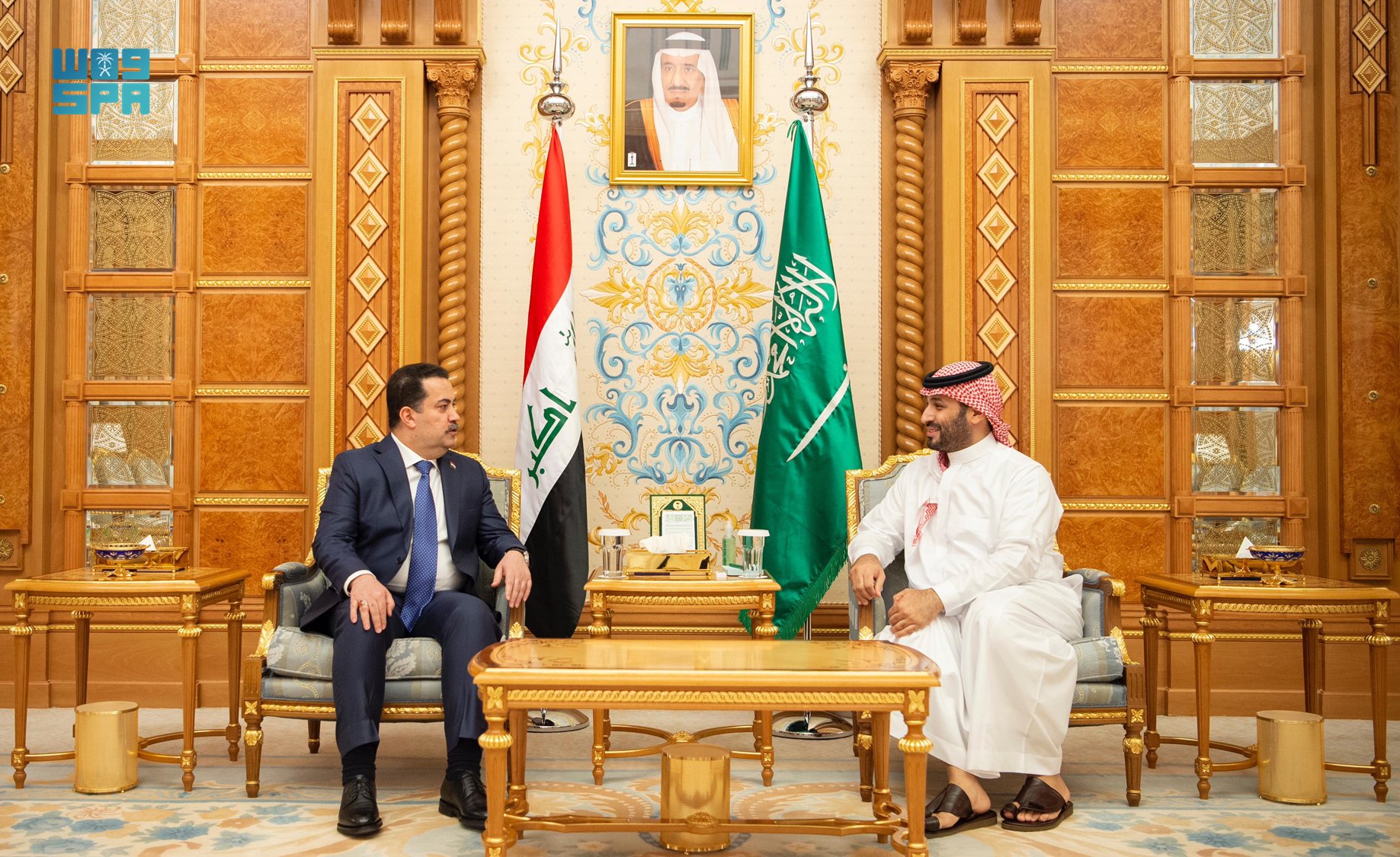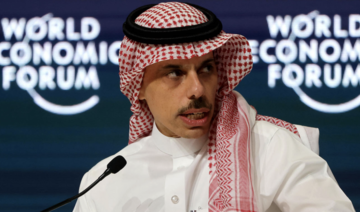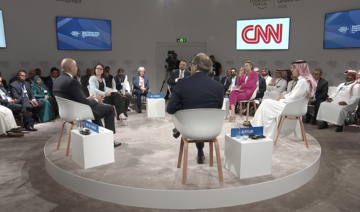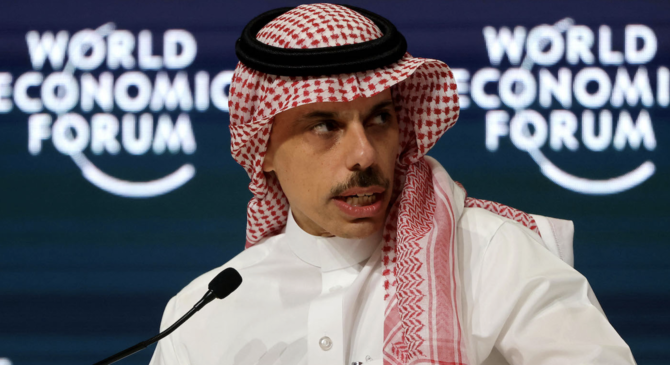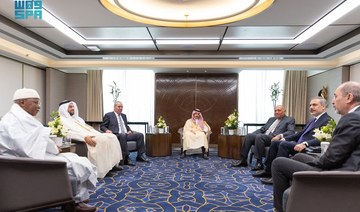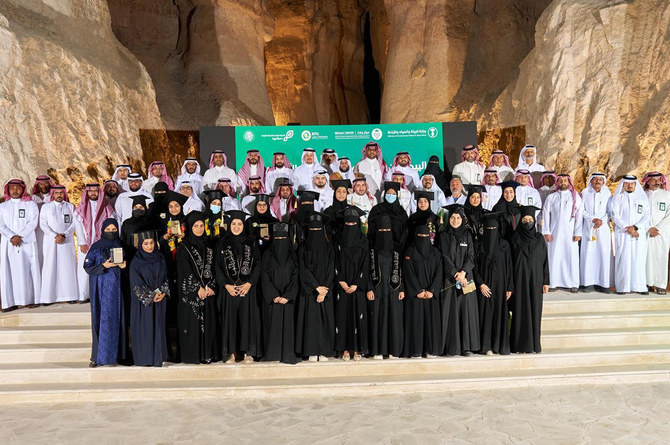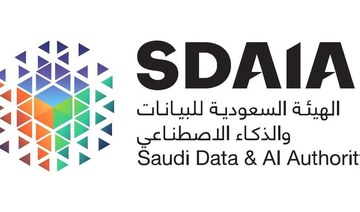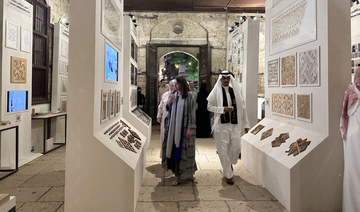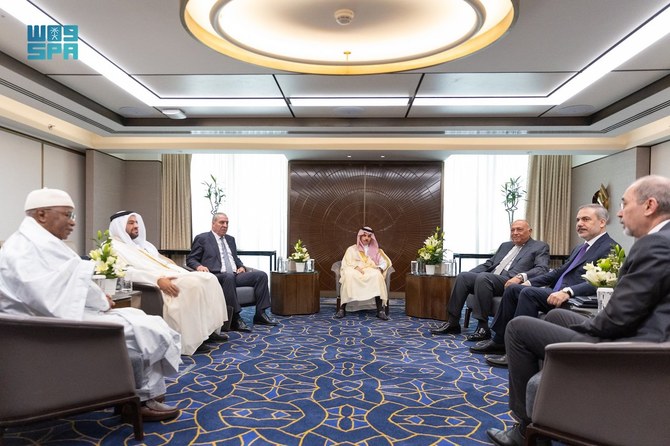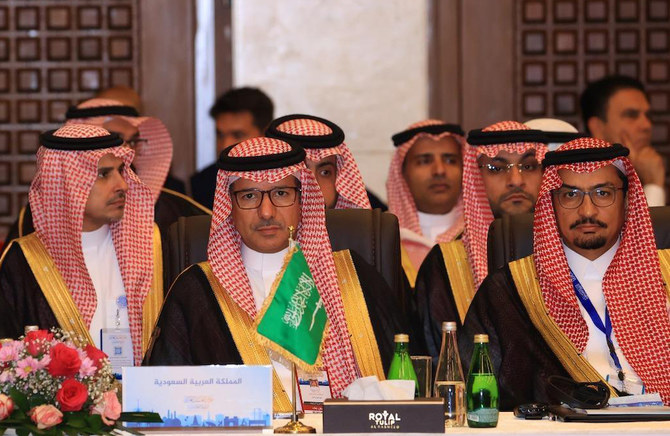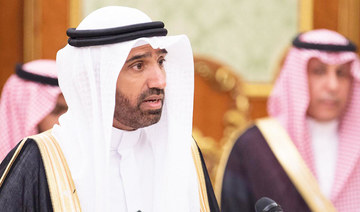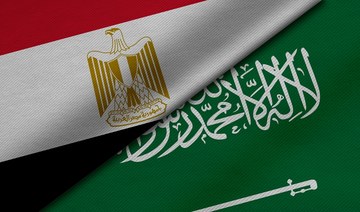DUBAI: Experimental film photographer Abdullah Alhumaid is not your average 25-year-old Saudi. His creative journey, which began unexpectedly on the streets of Beirut, has flourished, resulting in “Rats of Bat’ha,” a project capturing daily life in a Riyadh neighborhood.
In the age of smartphones and Instagram filters, old-fashioned film photography is a dying art — limited by a finite roll of film and the patience required to develop it. But Alhumaid’s eye-opening work could provide the flash of inspiration needed for a wider comeback.
“The experimental experience started at the beginning of 2018 when I was going for a quick trip to Beirut,” Alhumaid told Arab News. “Two hours before my flight, I met a friend who had a film camera, which I had never operated. I borrowed it for the trip to experiment and to see how it goes.”
What stuck with Alhumaid after his trip were interactions with Beiruti locals who became his photographic subjects. While convincing them to shed their inhibitions and pose for portraits, he too was coaxed out of his comfort zone. Something had clicked.
“It was surprisingly beautiful, given I’d never operated a camera before, especially a film one, which was not at the top of my list,” he said. “The interactions were breathtaking — I allowed myself to interfere with people’s daily lives and tried to put them on the spot.”
Although many of his subjects were hesitant at first, the process of persuading them was central to Alhumaid’s experience, from careful first impressions to the questions he posed to put them at ease.
“It’s not about nagging, because that’s not comfortable,” he said. “I got to interact with different types of people, including homeless people, and got to know their stories. It’s about connecting in a human way. And when you open up to them, that gives you a worthwhile experience that you wouldn’t normally think of.”
Unfortunately, his first roll of film was damaged, erasing his earliest work. His second shoot, however, proved far more successful thanks to some valuable tips from an experienced Beirut photographer who took him under his wing.
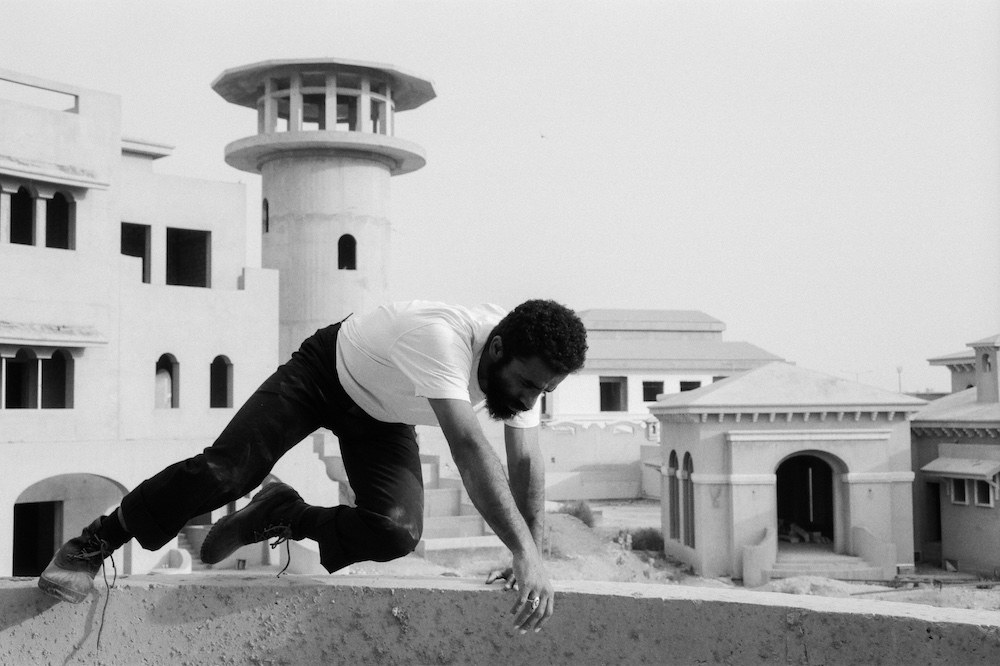
Although many of his subjects were hesitant at first, the process of persuading them was central to Alhumaid’s experience. (Supplied/Abdullah Alhumaid)
The end result is Alhumaid’s signature style of moody city snapshots, many of them employing the sharp dualities of light and shadow, while others mesh urban straight lines with a blur of motion. The dated quality of film lends the images a hue of nostalgia.
“What I love about the film camera is that you’re not attached to the results,” he said. “You don’t see results immediately, so you’re not distracted by the tool; rather you’re inspired to be in the moment and to place your focus on the interaction.
“You only get 36 images, so you’ll be pickier and more aware of what you shoot because you don’t want to waste your whole film on one subject.”
In the age of digital photography, where pictures can be captured, cropped, retouched and deleted faster than you can say cheese, it is surprising to see old film cameras making a comeback in modern Saudi Arabia.
However, there are now very few stores in the Kingdom fitted with darkrooms to develop rolls of film — just one in all of Riyadh in fact. As a result, Alhumaid is on the lookout for like-minded shutterbugs who want to rebuild the industry.
Al-Bat’ha is one of the oldest commercial districts of downtown Riyadh — increasingly diverse and always buzzing. In October 2018, after returning from Beirut, Alhumaid made this distinctive neighborhood his source of inspiration.
“It is unfortunately left behind, and now only expats live there,” Alhumaid said. “It used to be the downtown of Riyadh. Going there and seeing the contrast we live in, in terms of bubbles we create for ourselves, was mesmerizing — the simplicity, the colors, the fruits, the expats, and how they were shocked at how we were taking photos of them. It was lovely to touch base with the city.”
It was here Alhumaid framed the idea for “Rats of Bat’ha.” And in case you were wondering, he and his shoot team are the eponymous rats, weaving through the urban maze with rodent-like curiosity, he says.
“Al-Bat’ha is the street that pushed me again to take this passion forward and keep it as a funnel feeding itself with simplicity,” he told Arab News. “I didn’t want to plan anything; I wanted everything to be spontaneous and take it everywhere.”
And that he did. From Japan, Portugal, Versailles in France, and everywhere else his photography has taken him, Alhumaid has tried to connect with local street life by capturing people on film. In the process, he said he has evolved.
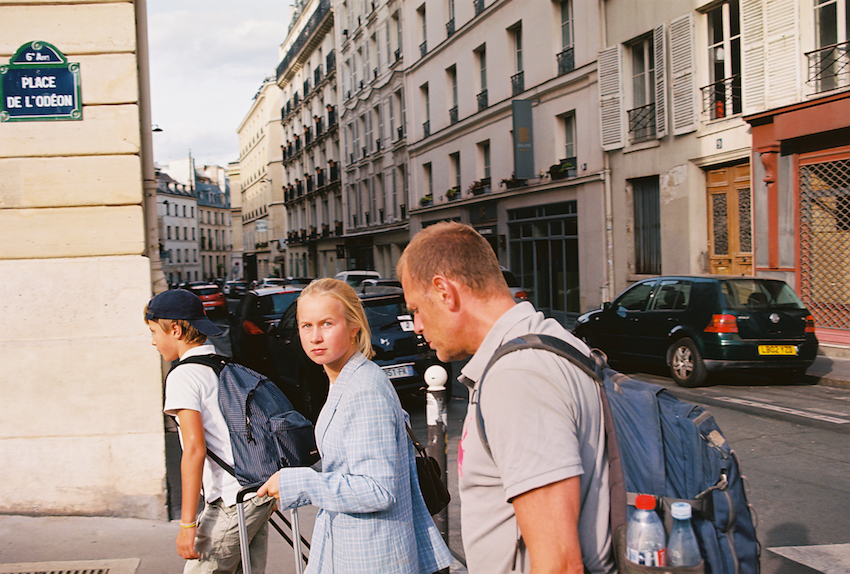
From Japan, Portugal, Versailles in France, and everywhere else his photography has taken him, Alhumaid has tried to connect with local street life by capturing people on film. (Supplied/Abdullah Alhumaid)
Born and raised in Riyadh in a conservative household of academics and consultants, Alhumaid feels blessed to have grown up without technology. “They forbid it, not just because of religion, but because of how much it consumes you,” he said of his parents.
“And I’m grateful for that, because they allowed us the space to create, to generate ideas and to work with what you have so it reflects your intellect.”
As such, his five siblings ended up in fashion design, psychology, French literature, law and medicine. “It’s derived from not having a TV,” he said. “These elements played a role.”
After a six-month stint playing for Al-Shabab football club, Alhumaid’s interest turned to Riyadh’s art scene, which was burgeoning in 2013. There he met a whole new community. After working in Dubai for a short period with Careem Wallet, he moved back to Saudi Arabia in July 2019 and enrolled at the Misk Art Institute, in collaboration with the palace of Versailles.
“We went to Versailles for five weeks and it was unbelievable,” he said. “I worked in the cultural development department, where we did this program to attract Saudi tourists to Versailles, given that the smallest number of visitors come from the Middle East and the GCC.”
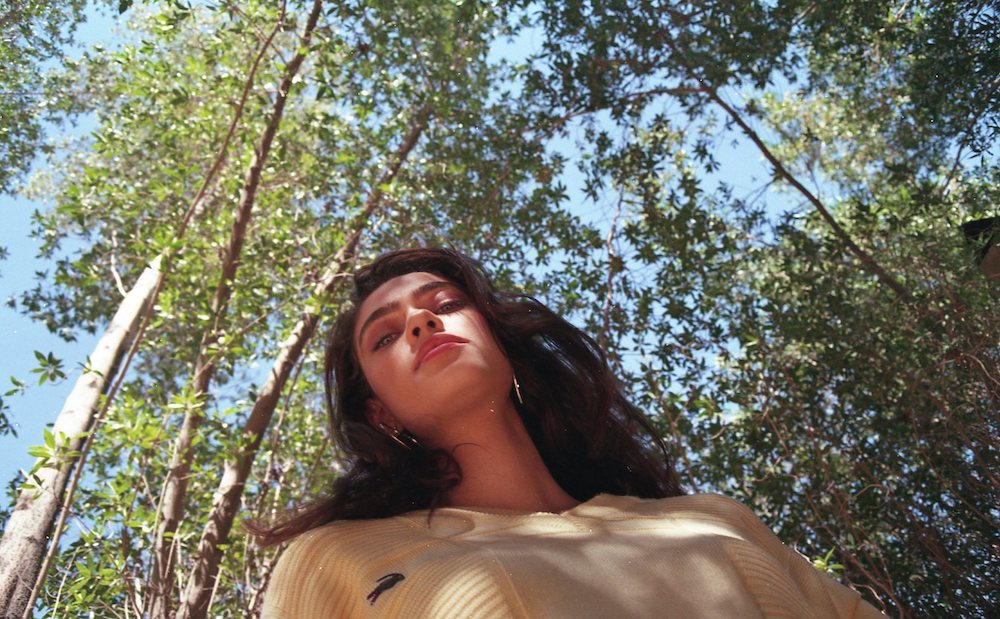
Alhumaid is continuing to build his photography portfolio and someday hopes to feature his work in local and international exhibitions. (Supplied/Abdullah Alhumaid)
After completing his program, he worked in the brand team of the Al-Musafer travel agency in the Kingdom for seven months, before an opportunity with the content team at the Saudi Tourism Authority presented itself.
“We work with international agencies from New York and London in terms of development and content creation. I’m only six months in and I’m just ecstatic,” Alhumaid said.
“It’s beautiful, because we see the country opening up and people changing their behavior and their misconceptions. We, as a society, have so much to offer.”
In the meantime, Alhumaid is continuing to build his photography portfolio and someday hopes to feature his work in local and international exhibitions. Luckily for him, a great wave of creative potential is cresting in Saudi Arabia, bringing with it whole new industries in art, music and film.
“Some people started their own production houses, studying abroad and coming back to the country,” Alhumaid said. “Saudi Arabia is booming now more than ever — tourists have started visiting and that’s how you learn from each other, by being exposed.
“It doesn’t help anyone to be divided. And that’s how we move forward, as the bad apples start changing their behavior.”
---------------------
Twitter: @CalineMalek



